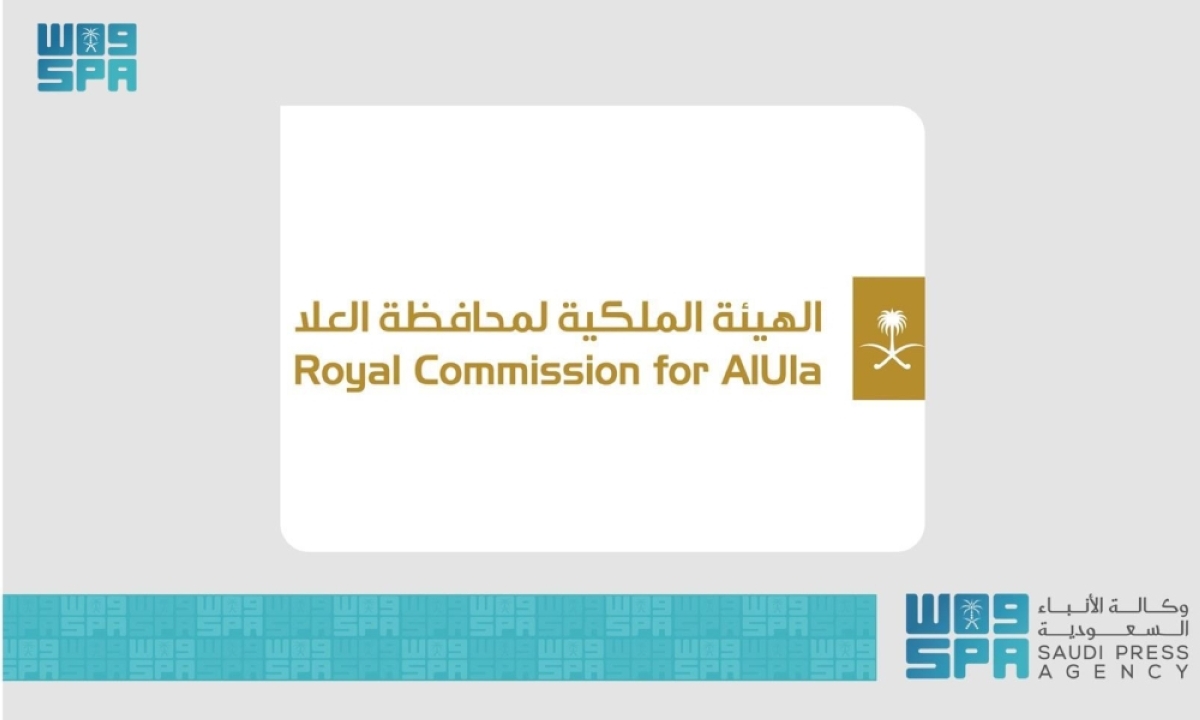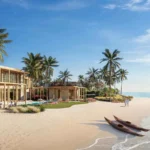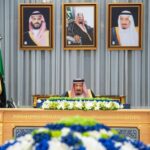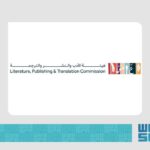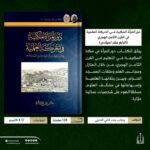UNESCO has launched the first training program of its kind focusing on intercultural dialogue, targeting professionals working in museums and heritage site management, in partnership with the Royal Commission for AlUla, as part of the “Promoting Positive Social Transformations in AlUla” project.
The training sessions for the program are held every Thursday from September 18 to October 16, 2025, from 12:00 PM to 2:00 PM GMT+2, via the Zoom platform, with participation from representatives of museums and World Heritage sites, especially those involved in public interaction, learning, and education.
The training covers fundamental concepts in intercultural communication theory and practical applications for facilitating dialogue according to the “Living Museum Model,” which aims to support the role of museums and heritage sites as platforms for exchange and understanding among visitors, leveraging heritage and crafts as driving forces for dialogue between different cultures.
The program includes practical training enabling participants to apply dialogue skills in their institutional environments. Those who complete all five sessions will receive a UNESCO-certified certificate, with a requirement for proficiency in spoken English.
Interested individuals are encouraged to submit their applications before September 5, 2025, due to limited seats. Accepted applicants will be notified one week before the course begins.
This initiative is implemented in collaboration with the non-governmental organization “Soliya,” specialized in intercultural dialogue, as part of UNESCO’s efforts to develop practical tools and recommendations that enhance the role of museums and heritage sites in building bridges of understanding and rapprochement among peoples.
UNESCO
UNESCO (United Nations Educational, Scientific and Cultural Organization) is a specialized agency of the United Nations, founded in 1945 to promote peace and security through international cooperation in education, science, and culture. It is best known for its World Heritage program, which designates and protects cultural sites and natural landmarks of outstanding universal value.
Royal Commission for AlUla
The Royal Commission for AlUla (RCU) is a Saudi government entity established in 2017 to preserve and develop the ancient region of AlUla, a significant archaeological site. It oversees the conservation of historical landmarks, such as the UNESCO World Heritage Site Hegra, and drives a major sustainable tourism project to transform the area into a global cultural destination.
AlUla
AlUla is a historically significant region in northwestern Saudi Arabia, renowned for the archaeological site of Hegra (Mada’in Salih), which was the southern capital of the Nabataean Kingdom. The area features well-preserved monumental tombs carved into sandstone outcrops, dating back to the 1st century CE, and has been a crossroads of civilizations for millennia. Today, it is a major cultural destination, offering insights into ancient Arabian history and ongoing conservation efforts.
World Heritage sites
World Heritage sites are landmarks or areas selected by UNESCO for having cultural, historical, scientific, or other forms of significance. They are legally protected by international treaties for their outstanding value to humanity, with famous examples including the Great Wall of China and the Pyramids of Giza. The World Heritage Convention was established in 1972 to identify and conserve these irreplaceable sites for future generations.
Living Museum Model
The Living Museum Model is an immersive cultural institution that recreates historical settings with costumed interpreters performing period-appropriate tasks. It originated in the late 20th century as an evolution of traditional museums, aiming to provide visitors with experiential, hands-on learning about past ways of life. These sites often focus on specific historical eras or communities, allowing people to actively engage with living history rather than observe static exhibits.
Soliya
Soliya is a non-profit organization founded in 2003 that facilitates virtual exchange programs to foster cross-cultural dialogue and understanding, primarily between Western and predominantly Muslim societies. It is not a physical place but a digital platform that connects university students worldwide for facilitated video conversations. Its history is rooted in efforts to improve intercultural relations following the events of September 11, 2001.

